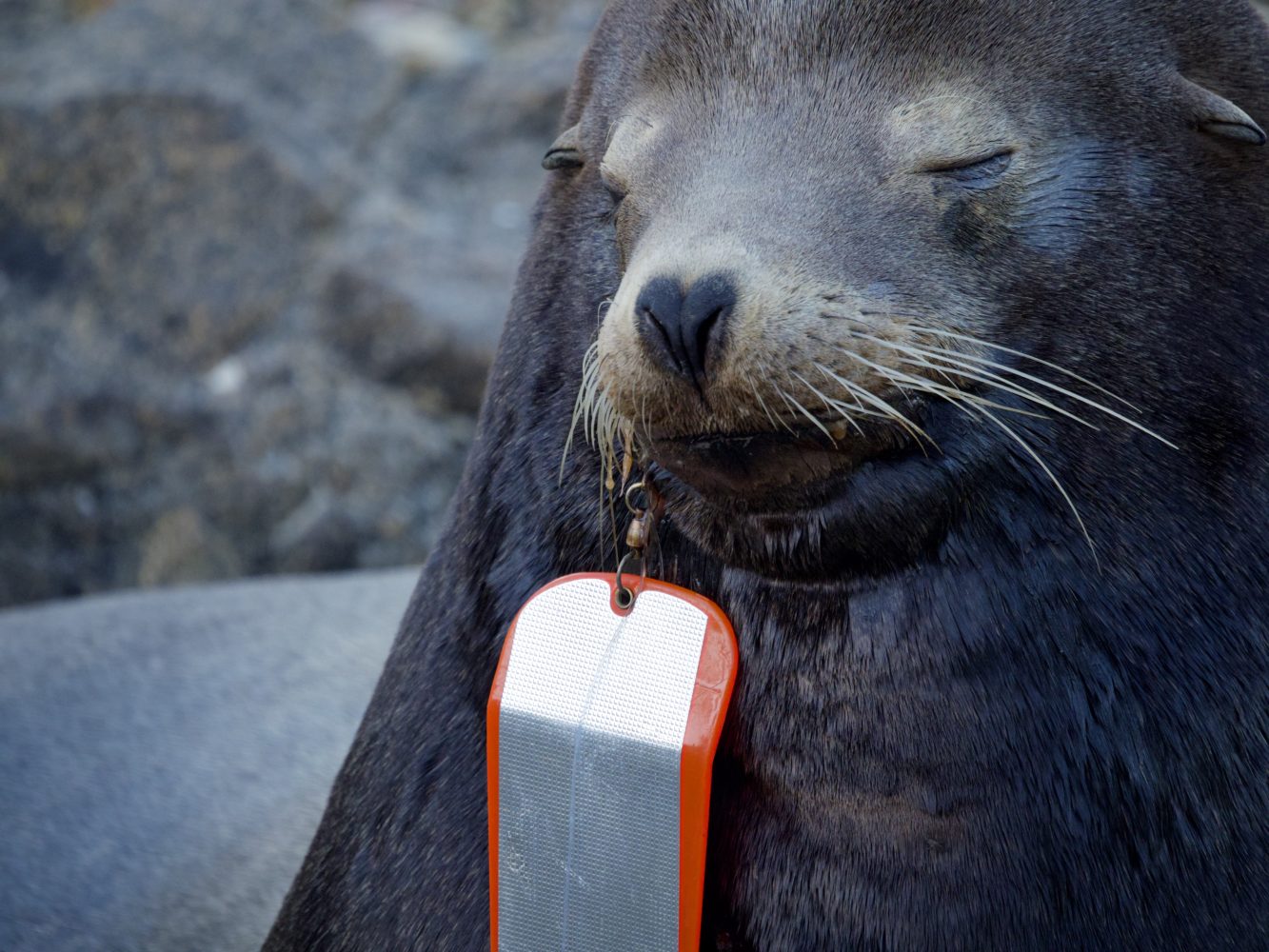
Sea Lion with Fishing Gear Entanglement
I've been photographing wildlife now for about 15 years, a passion that evolved from my time as a wildlife hospital volunteer. Being hands on with wild animals, under the tutelage of incredible, dedicated wildlife rehabbers, changed almost everything I thought I understood about the wild world. It made so clear how almost every choice we make can have a positive or devastating impact on animals we will never see.
One of the most common issues I encounter, one that shreds my heart, is fishing gear injury or entanglement. I've been able to rescue some birds who were debilitated enough to be caught. But many animals evade capture, or require specialized and difficult rescue, as in the case of large marine mammals.
This sea lion has fishing gear piercing the face. The case has been reported, so despite the injury, this particular sea lion stands a chance at rescue. Depending on how deeply it's embedded, it could possibly dislodge. A gull I attempted to rescue in Seattle who was dragging fishing bobber and filament, managed to free itself from a hook over several days.
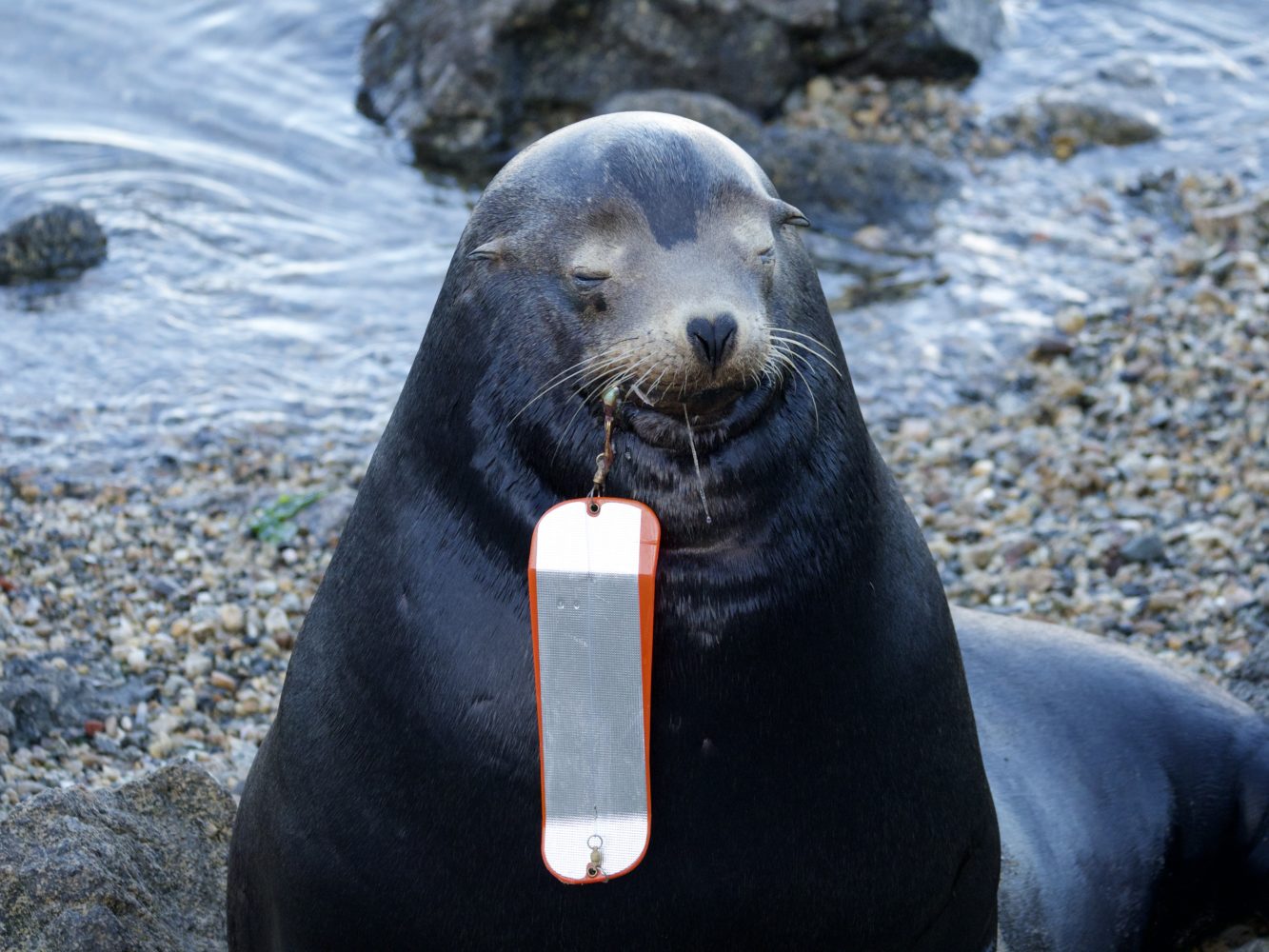
If you fish, be aware that this is too often the outcome of discarded gear. I see people casting into areas where mussel-covered rocks are already covered in fishing line snagged and left behind. Hugh and I regularly pick up rusted hooks, monofilament, sinkers, and other hazardous trash when we're out. Even on piers with monofilament recycling containers, we find fishing gear tossed to the planks. I once found chunks of bait left on a pier with hooks buried inside. I was able to grab them before hungry gulls descended. One piece of monofilament, one hook is all it takes to destroy the life of seal or sea lion, a sea otter, a pelican, a cormorant, a gull. It's that significant.
It's easy to view wild animals in the abstract, objectifying their lives through a lens of detachment. But bearing witness to the truth of their experience, and understanding more acutely the downstream effects of our own actions and discards, can, in fact, change outcomes for many.
If you spot a marine mammal like this one, give them lots of space, and in the Bay Area or on the Central Coast contact The Marine Mammal Center (https://www.marinemammalcenter.org)
And please support local wildlife rescue groups and hospitals. If I'm traveling, I keep a list of local rescue resources on my phone in case I encounter injured wildlife.
Also check out this piece by Suzie Gilbert at 10,000 Birds: For Wildlife Emergencies, a Nationwide Hotline**
** disclaimer: I had a part in this post through use of my pics


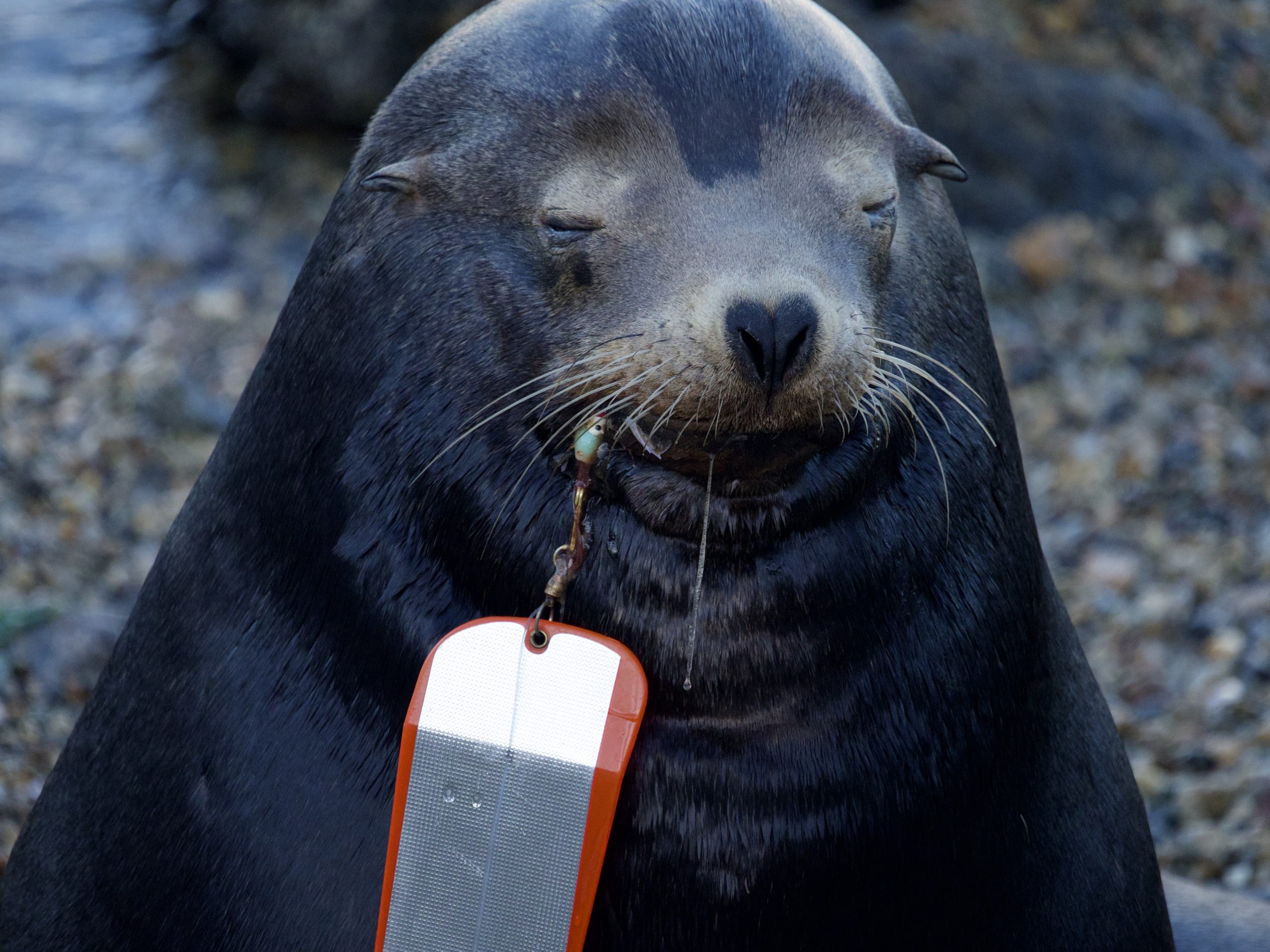
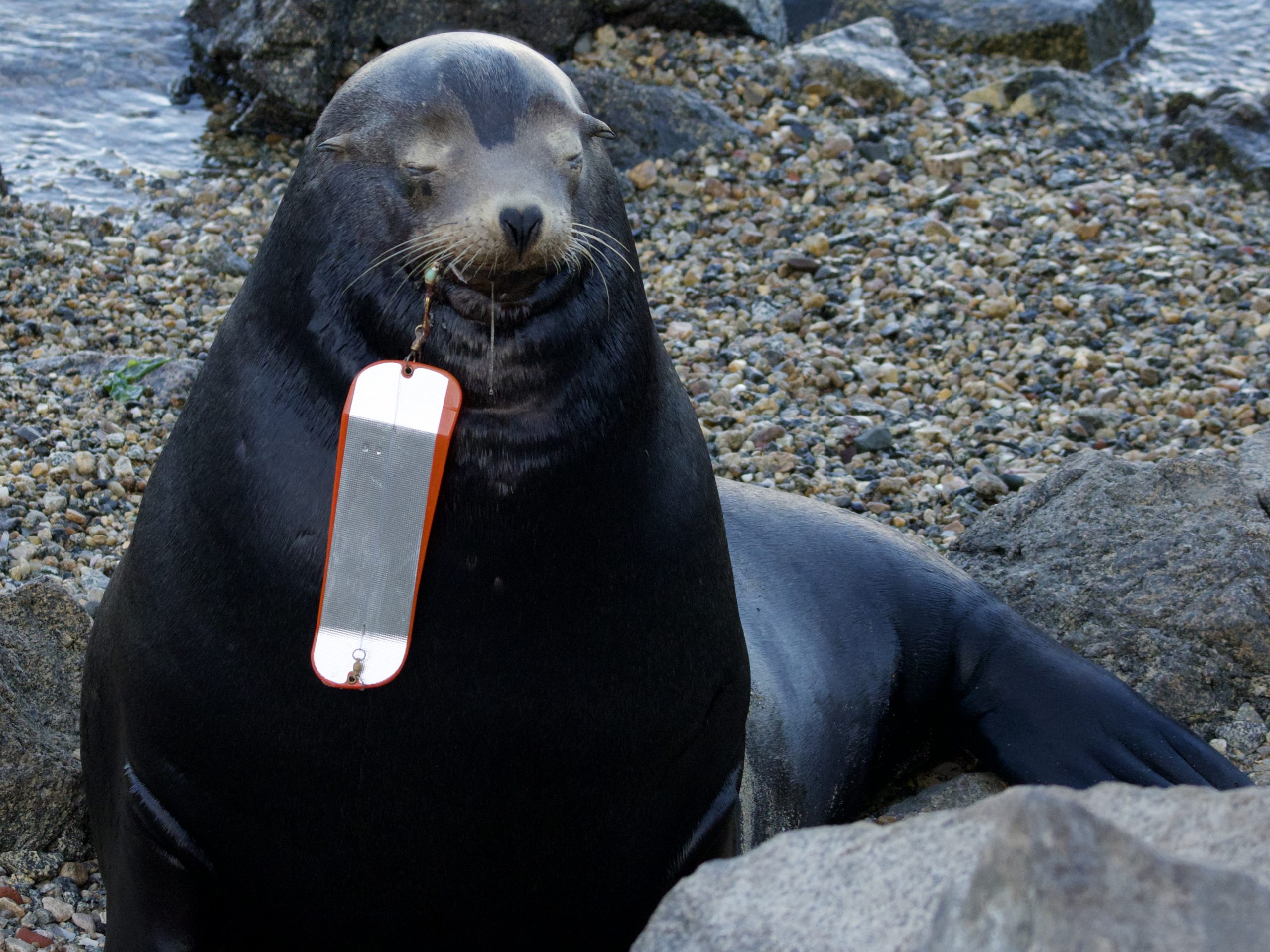
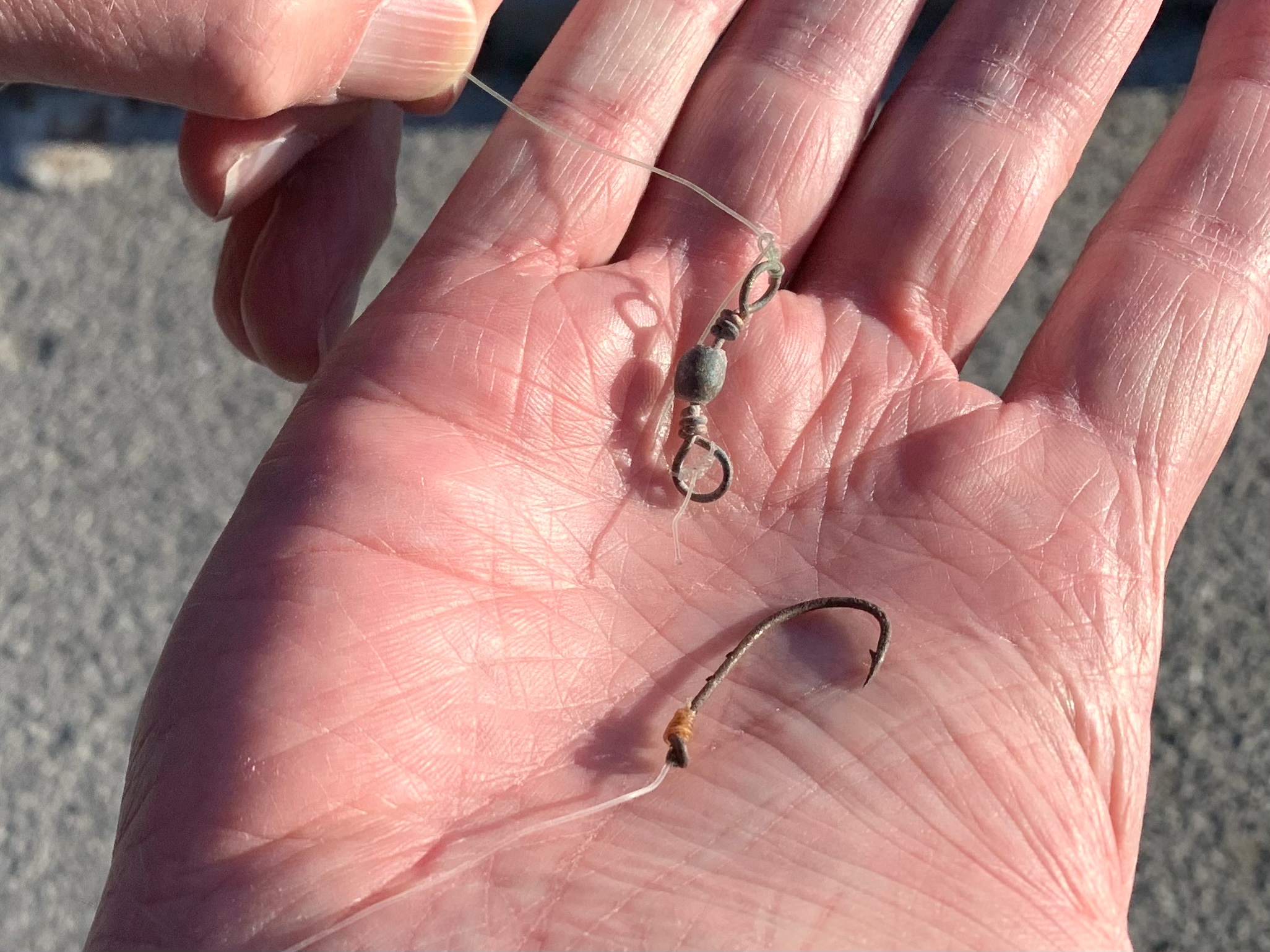
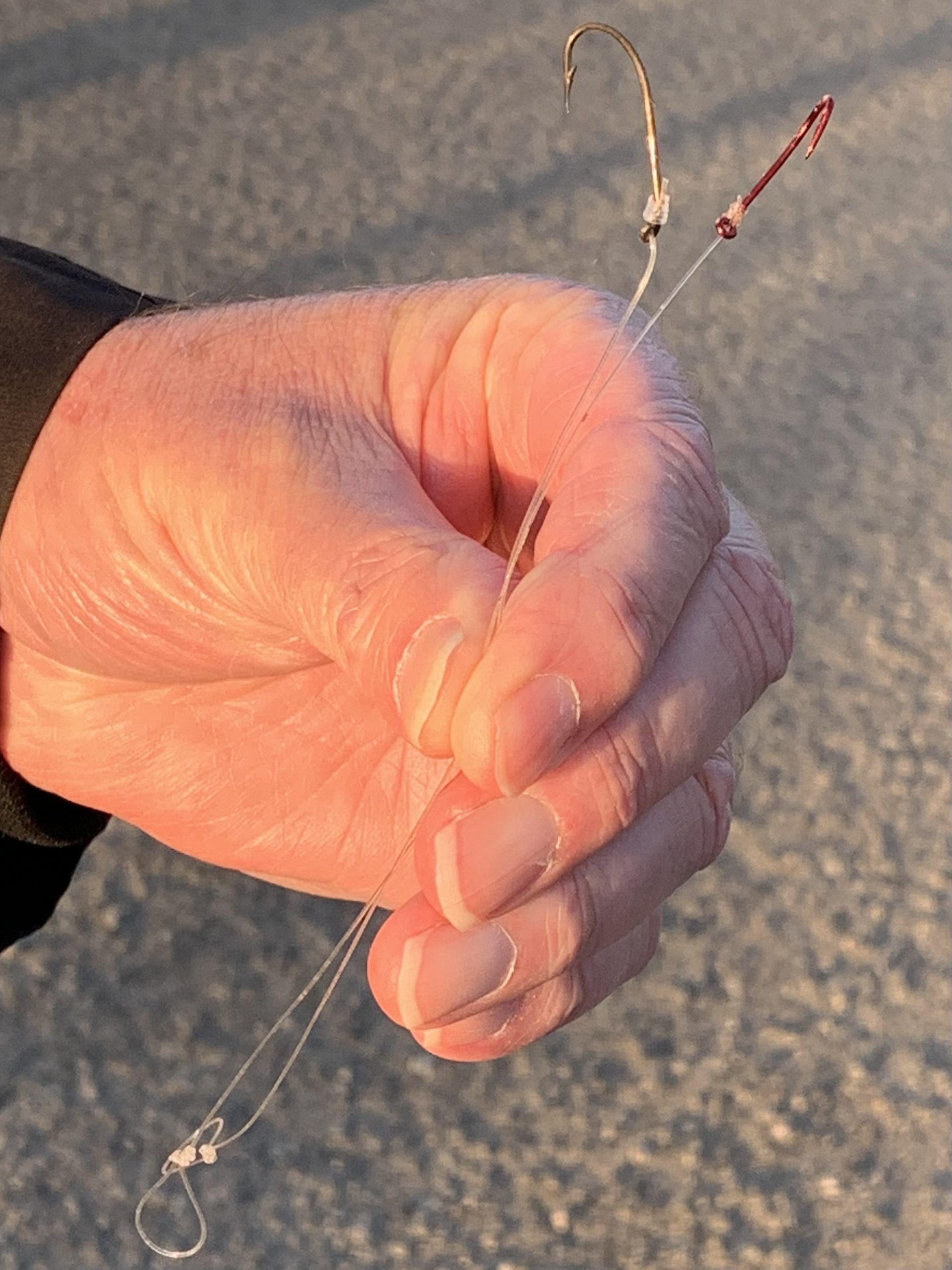
This article highlights the importance of respecting wildlife and taking responsibility for our impact on their habitats. By giving space to marine mammals and supporting rescue organizations, we can help protect these vulnerable creatures. Keeping local rescue contacts handy is a great tip for travelers who may encounter injured wildlife. 🌿🐾